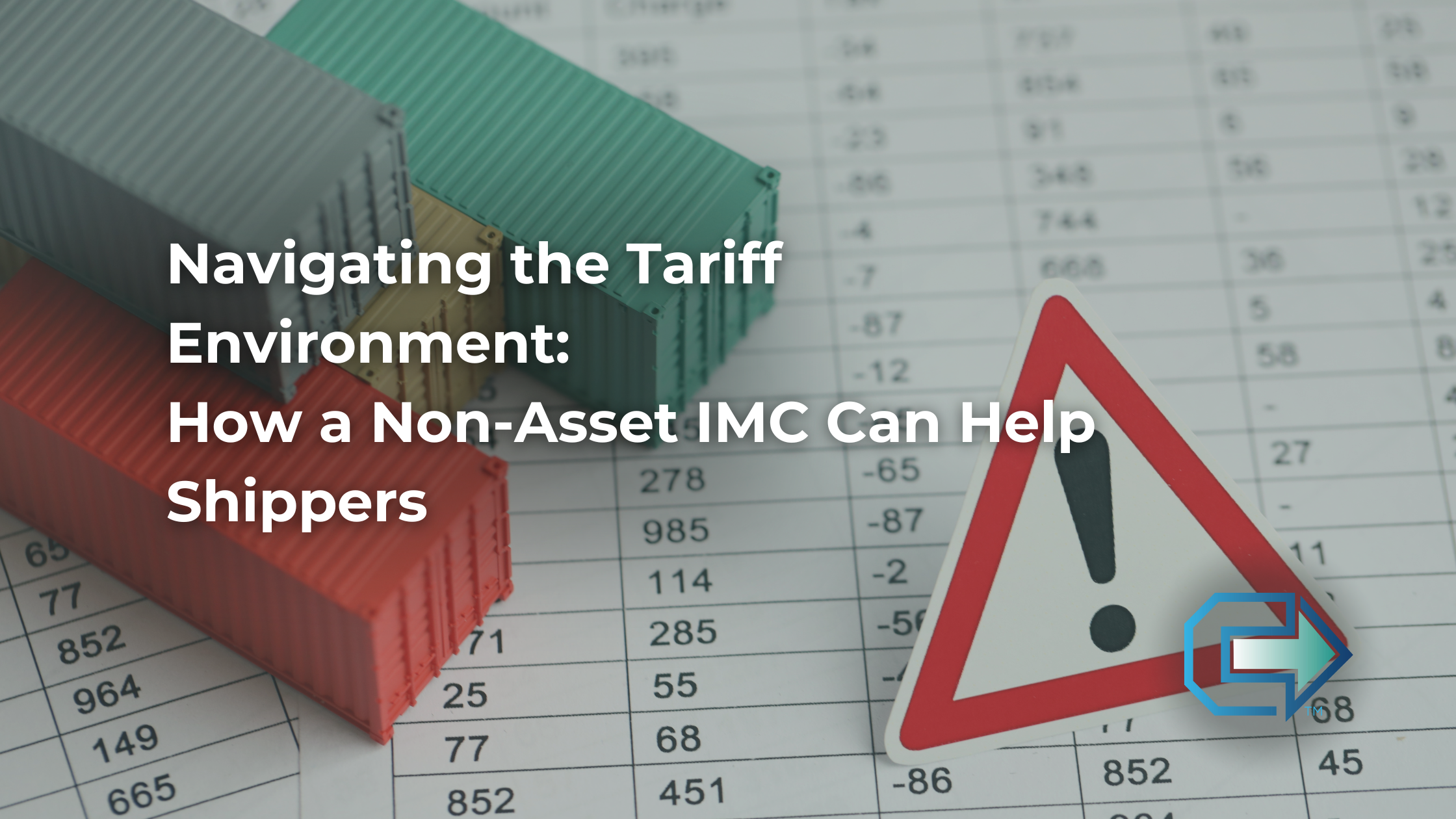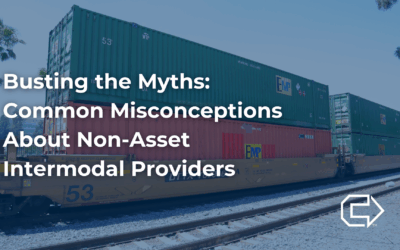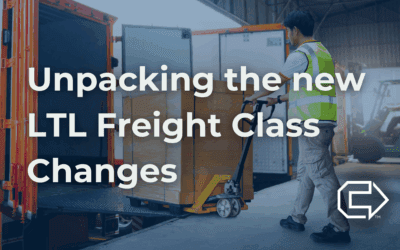The current tariff environment in the United States presents both challenges and opportunities for shippers. As tariffs affect shipping costs, plant operations, and logistics strategies, it is essential for businesses to adopt a proactive approach to their supply chain management. One valuable partner in this regard is an Intermodal Marketing Company (IMC), particularly a non-asset IMC, which can provide the flexibility and expertise needed to thrive amidst these changes.
Understanding the Current Tariff Landscape
Tariffs are essentially taxes imposed on imported goods, and recent changes to these tariffs have created a ripple effect across supply chains. Shippers are grappling with increased transportation costs, supply chain delays, and compliance requirements. As the retail landscape shifts and market demands fluctuate, having the right logistics partner becomes critical.
Why Choose a Non-Asset IMC?
- Cost Efficiency: Non-asset IMCs operate without ownership of transportation assets, leading to lower overhead costs compared to asset-based IMCs. In a tariff-influenced environment where every dollar counts, shippers can benefit from competitive pricing and flexible pricing models tailored to their needs.
- Access to Multiple Carriers: A non-asset IMC works with a diverse network of carriers, offering shippers a wealth of options. This carrier neutrality allows shippers to select the best routes and rates, ensuring they can navigate the shifting landscape of tariffs without being tied to a single carrier’s pricing or availability.
- Flexibility and Scalability: In a market characterized by volatility, shippers need logistics solutions that can adapt quickly to changing conditions. Non-asset IMCs can provide scalable operations, allowing businesses to effortlessly increase or decrease shipping volumes in response to fluctuating demand or tariff impacts.
- Industry Expertise: Navigating the complexities introduced by tariffs requires informed decision-making. Non-asset IMCs bring market insights and logistics expertise that help shippers understand tariff implications and adjust their strategies accordingly. This knowledge can prove invaluable in mitigating supply chain disruptions and optimizing transportation costs.
- Risk Mitigation: With a diverse range of carrier options, a non-asset IMC helps shippers mitigate risks associated with disruptions or complications related to tariffs. Whether it’s capacity constraints or unexpected trade changes, having multiple transportation pathways can provide peace of mind.
- Focus on Core Business: By partnering with a non-asset IMC, shippers can free up resources and focus on their core competencies while outsourcing the complexity of logistics management. This allows businesses to remain agile and responsive in a constantly changing market.
Conclusion
In today’s uncertain tariff environment, having a strategic logistics partner is more important than ever. A non-asset Intermodal Marketing Company can provide the flexibility, cost savings, and expertise that shippers need to navigate the complexities of tariffs and supply chain disruptions.
By leveraging a non-asset IMC’s capabilities, shippers can ensure that their logistics operations remain efficient, adaptive, and competitive, ultimately turning challenges posed by tariffs into opportunities for growth and success. As the landscape of global trade continues to evolve, the right logistics partner can make all the difference.






